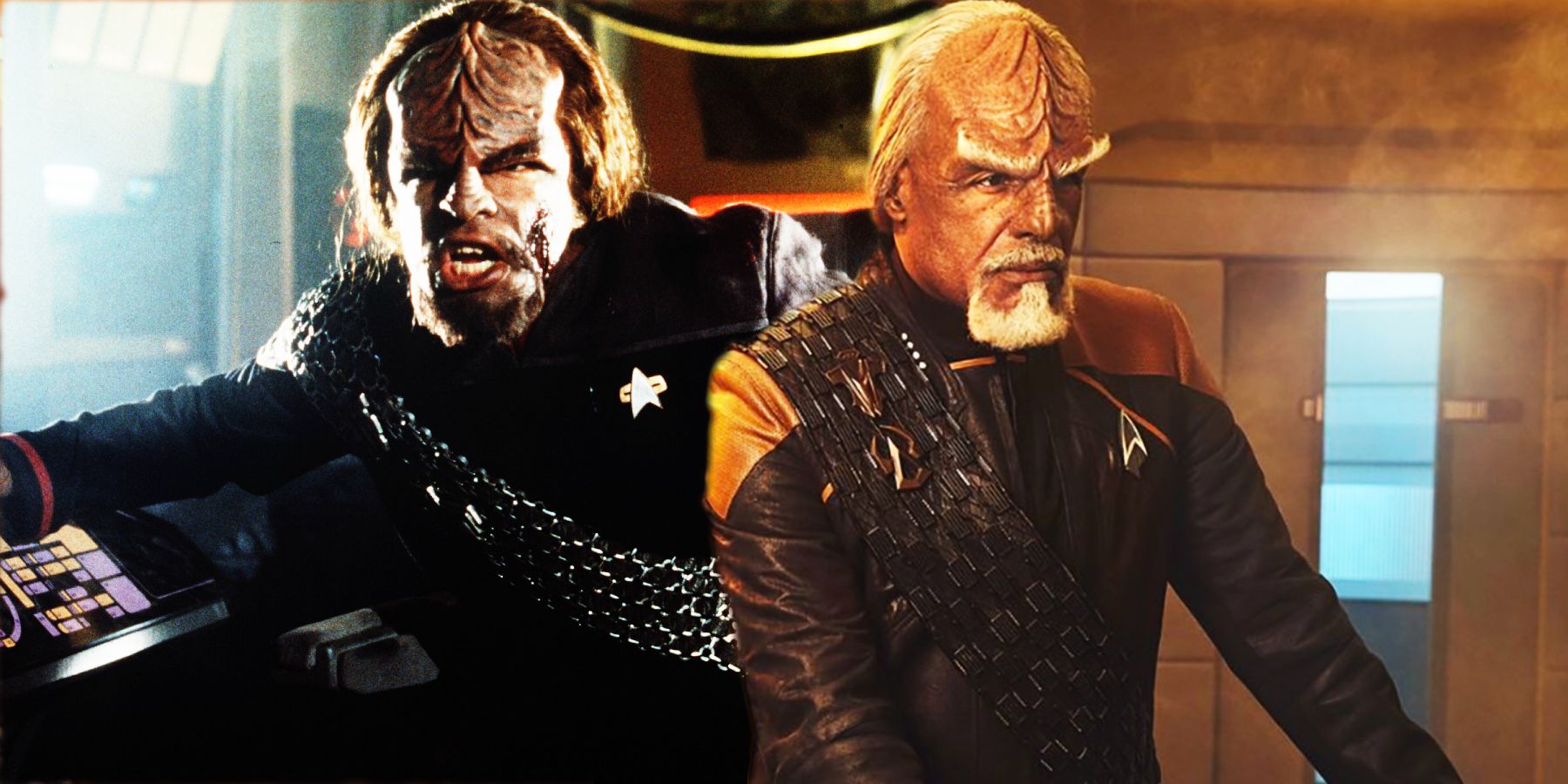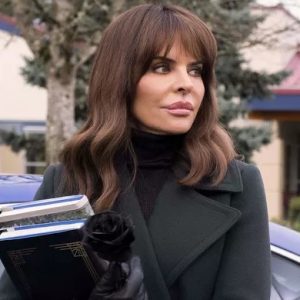Star Trek: The Next Generation cut a moment that would have introduced a more soulful Worf that fans finally saw in Star Trek: Picard season 3.

Summary
- Ronald D. Moore’s philosophical line for Worf, “To look at the stars is to ask questions. To the Klingons, we don’t ask questions of the stars, the stars ask questions of us,” was a beautiful piece of dialogue that unfortunately didn’t make it into Star Trek: The Next Generation due to its poetic nature.
- Worf’s character in Star Trek: Picard season 3 showcased his evolution into a more balanced and centered Klingon, emphasizing his noble and philosophical side that was hinted at in the cut scene from TNG season 3.
- Worf’s story is one of the best in all of Star Trek, from his impulsive and conflicted beginnings in TNG to his transformation into a meditating and tea-drinking but still lethal Klingon philosopher in Picard season 3.
- There’s potential for further exploration of Worf’s journey in the proposed spinoff, Star Trek: Legacy.
The soulful, warrior poet version of Worf (Michael Dorn) in Star Trek: Picard season 3 could have been introduced in Star Trek: The Next Generation season 3. The Klingon warrior Worf is known for his ill-temper and violent tendencies, but his noble and philosophical side was front and center in Star Trek: Picard season 3 when the Klingon teamed up with the troubled Commander Raffi Musiker (Michelle Hurd). Worf was one of the highlights of Picard season 3, and the Klingon’s evolution created some genuinely funny moments as well.
In the Star Trek: The Next Generation chapter of the oral history “The Center Seat: 55 Years of Star Trek” by Peter Holmstrom discussing the TNG season 3 classic episode “Yesterday’s Enterprise,” writer Ronald D. Moore shared how he wrote a philosophical line of dialogue for Worf that was cut by executive producer Rick Berman. Had Moore’s line made it into TNG, it would have previewed Picard season 3’s warrior poet Worf decades prior. Read the except below:
I still don’t like the opening scene with Guinan and Worf. I had written a different scene that Rick Berman killed, where Worf and Guinan are sitting there at Ten Forward looking out at the stars, and Guinan says to them, “You know, Worf, everyone comes in here and looks out at the stars, and you don’t. Why is that?” Worf takes a beat and says something like, “To look at the stars is to ask questions. To the Klingons, we don’t ask questions of the stars, the stars ask questions of us.” And I loved that line! It was one of my favorite things, and Rick killed it because he said it was too poetic. Broke my heart.
Star Trek: TNG Was Too Soon To Introduce Picard’s Soulful Captain Worf
Ronald D. Moore’s line for Worf – “We don’t ask questions of the stars, the stars ask questions of us” – is beautiful dialogue that was a shame to lose, but perhaps Rick Berman had a point that it was “too poetic” a side of the Klingon to show at that point. As he evolved into Star Trek’s greatest Klingon, Worf was marked by conflict and tragedy in Star Trek: The Next Generation, and his tumultuous standing in the Klingon Empire continued in Star Trek: Deep Space Nine. Worf would need decades to evolve into the more balanced and centered Klingon he became in Star Trek: Picard season 3.
Star Trek: Picard season 3 ended with Worf in a good place, finding an honorable new friend in Commander Rafaela Musiker. However, there are plenty of directions Worf can still go if Picard’s proposed spinoff, Star Trek: Legacy, happens. Picard season 3 also introduced the unanswered question of what happened to the USS Enterprise-E when Captain Worf took over command of the ship from Admiral Jean-Luc Picard (Patrick Stewart). Worf’s story is one of the best in all of Star Trek, from the impulsive and conflicted Klingon in Star Trek: The Next Generation to the meditating and chamomile tea-drinking (but still lethal) Klingon philosopher in Star Trek: Picard season 3.





